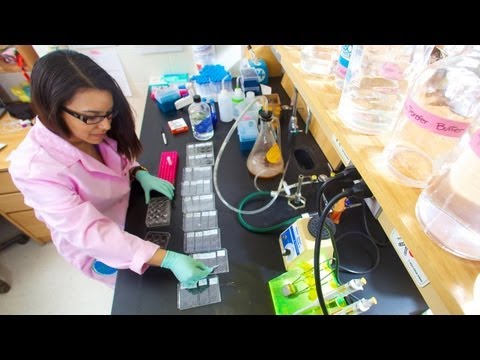Research carried out in two distinct communities in Colombia illustrates how coevolution between humans and bacteria can affect a person’s risk of disease.
Research
Ron Taylor: What Is INBRE?
Ron Taylor, director of the New Hampshire IdEA Network for Biomedical Research Excellence (INBRE) program, describes how the NIH’s INBRE plays an important role in fostering research partnerships between Dartmouth and other universities in the state.
